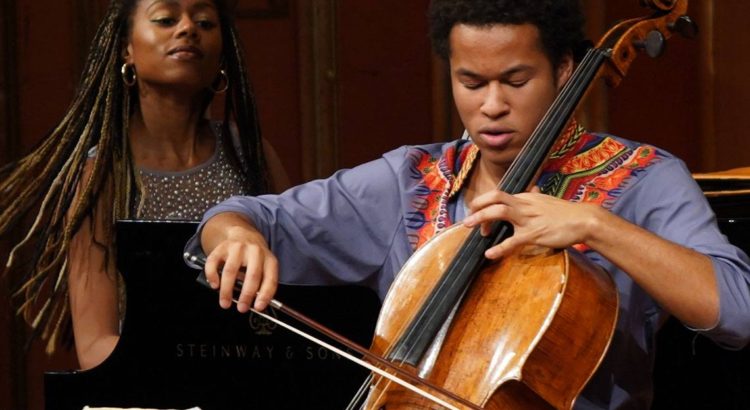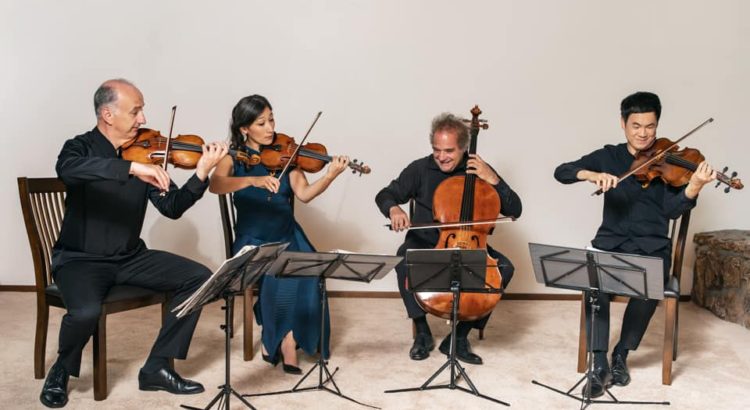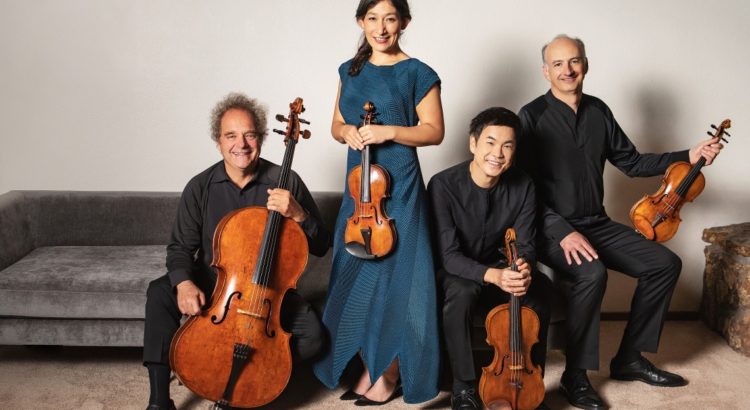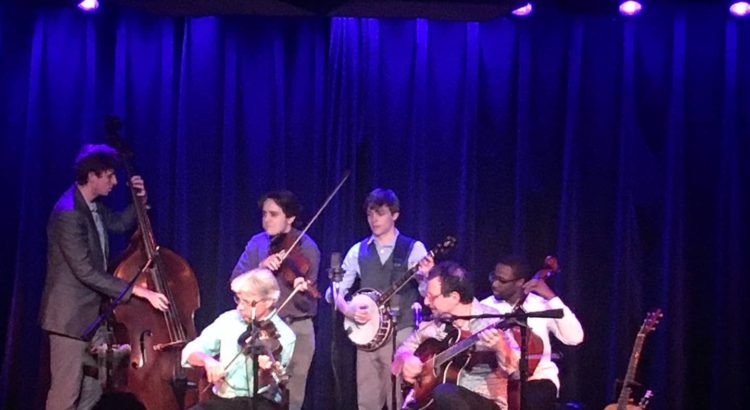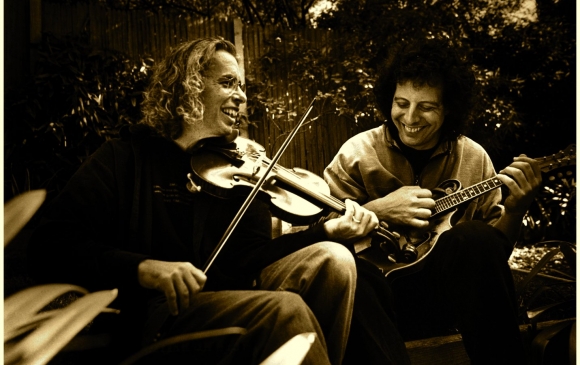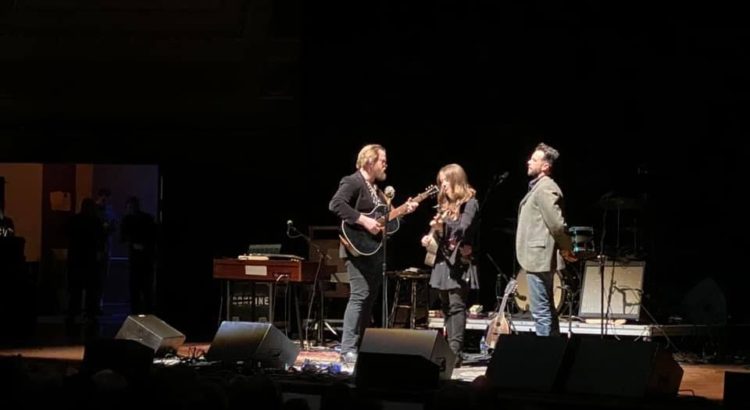Last week I had the opportunity to watch Sheku and Isata-Kanneh Mason perform from their living room (while I sat in my dining room…!) Originally slated to come play with the City of Birmingham Orchestra, Sheku instead recorded a very intimate duo concert with his sister, specifically curated for UMS audiences. The show ran October 25th-November 4th. I chose to watch the concert in conjunction with a UMS student committee event: a “live” watch party for students that was a rerun of the concert through facebook. It was fun to have a specific time to tune into the performance, and to see people commenting and watching live with me.
The program performed was the first movement of Beethoven cell0 sonata no.4 in C major, op.102, and the entirety of Rachmaninoff’s cello sonata in g minor, op.19. The two pieces are so different and I thought it was very insightful that they chose to do only one movement of the Beethoven. The Beethoven served as an opener, a bright bubbly piece that set the tone for the rest of the performance. The Rachmaninoff was much more serious and lush and I thought it had a lot of darker moments in comparison. The duo played with passion and as an audience member I could tell that they had a deep connection as collaborators. Isata took the lead in many instances, controlling the color changes and tempos as they made their way through the piece.
I really enjoyed the encore they chose: The Swan from Saint-Saëns’ “Carnival of the Animals.” It was such a beautiful and sweet ending to the concert:) The duo has a new album along with the rest of the Kanneh-Mason’s called “Carnival,” that features this piece. Released on November 6, 2020, the album takes listeners through the entirety of Carnival of the animals, including narration from the family as well:) It is exciting for me to watch these two perform because as a musician, it is fun to see someone my own age performing and being recognized at such a high level. I am also amazed by how in sync the family plays together and the stories they tell through their music making.
Link to album on Spotify:
Apple Music:
https://music.apple.com/us/album/carnival/1529334526

